a=2 , b=1
a=2 , b=1
As seen in the figure, the vacuum pump provides air flow in an insulated pipe with a cross section of 4a,b mm2. The air moves along a straight line in a room with a pressure of 100,ab kPa and a temperature of 2a,b oC. If the pressure in section 1 is 98,ab kPa and the temperature in section 2 is 1a,b oC; This is Fanno flow.
- i) Calculate mass flow rate,
- ii) Calculate at section 1, flow velocity U1, density, Mach number Ma1, Re, f values
iii) Calculate at section 2, find the stopping pressure and temperature, Mach number Ma2, U2 velocity, density, mass flow rate
- iv) Calculate friction coefficient and force on the channel walls between section 1 and 2. Solve the problem by making the necessary assumptions.
- v) Calculate L1-2 pipe length
and expressions can also be used.
Solve the problem by making the necessary assumptions and drawing the schematic figure.

Given data,
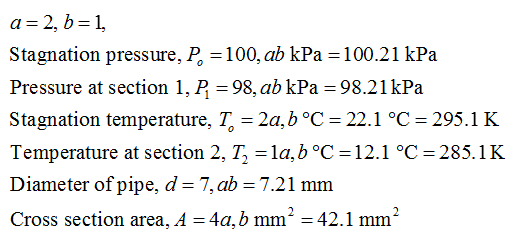
The Mach number can be calculated at section 1 as,
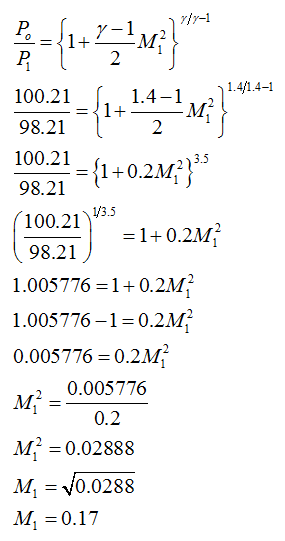
Hence, the Mach number at section 1 is 0.17.
Calculating temperature at section 1,
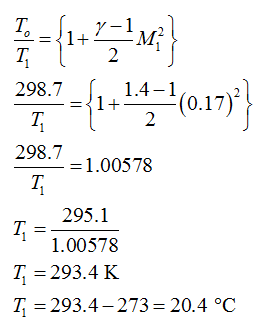
Now the density at section 1 can be found out by using the ideal gas equation follows –
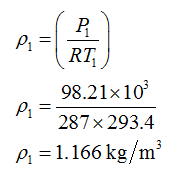
Now the velocity of flow at section 1 can be given as –
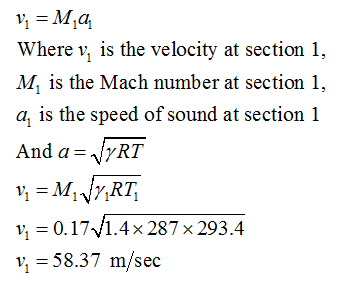
Now calculating Reynolds number at section 1,
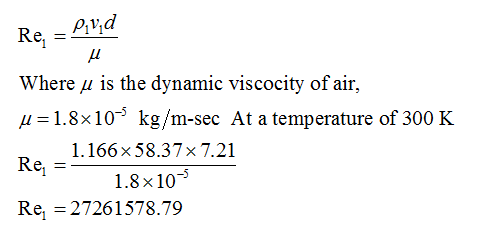
Calculating mass flow rate -
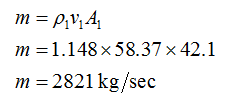
The Fanning friction factor can be given as –
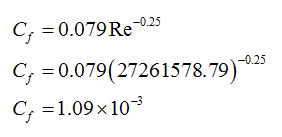
The friction coefficient is then given by the formula,
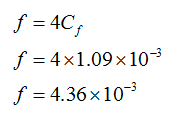
Trending now
This is a popular solution!
Step by step
Solved in 7 steps with 14 images









